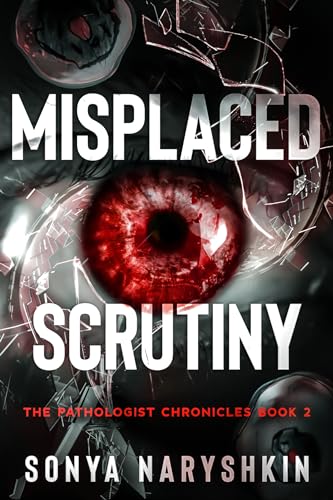Today people discourse on the subject of how to recover and continue the very social ethos that is in the penultimate phase of the destruction of both the planet and the human species.
The message of the nihilists is that you will not succeed in rescue by the destruction of the social ethos since the essential programme of that social ethos is, itself, destruction. It follows that nihilism is the core doctrine of the present society which only invites the participant to complete the annihilation consciously and not, as at present, unconsciously. The foundational document of nihilism is Dostoevsky’s ‘Crime and Punishment’. Its policies and practices received their primal expression in the novels of Turgenev, and within the ethos of nihilism itself came the great analysis of it in action both in the ‘Ring’ of Wagner and in the monumental prose plays of Ibsen.
The pivotal dynamic of the nihil in Dostoevsky’s novel is not that the man commits a murder but rather that given the act of murder it is voided of meaning and detached from the rational linear pattern of prior conditions, a culminant action, and a resultant situation. In Gide’s appreciation of the book he particularised this action without meaning or sequential effect as an ‘acte gratuite’. While nihilism manifested in a political design its core was a fractured individual psyche. ‘The Possessed’ was the social sickness but Raskolnikov was the patient himself.
It follows from this that a social fabric is dependent on the societal individual and his programme stems from himself. Yet he is a product as well as producer of the social nexus. In other words we cannot trace the social malaise to a psychological manifestation. What we now know is that the web of civic practice affects the genetic design of the individual. It is this profound awareness which illuminates Ibsen’s ‘Ghosts’ and makes it a pivotal document of our epoch, mis- understood as it was when it emerged, seen only as a morality play.


